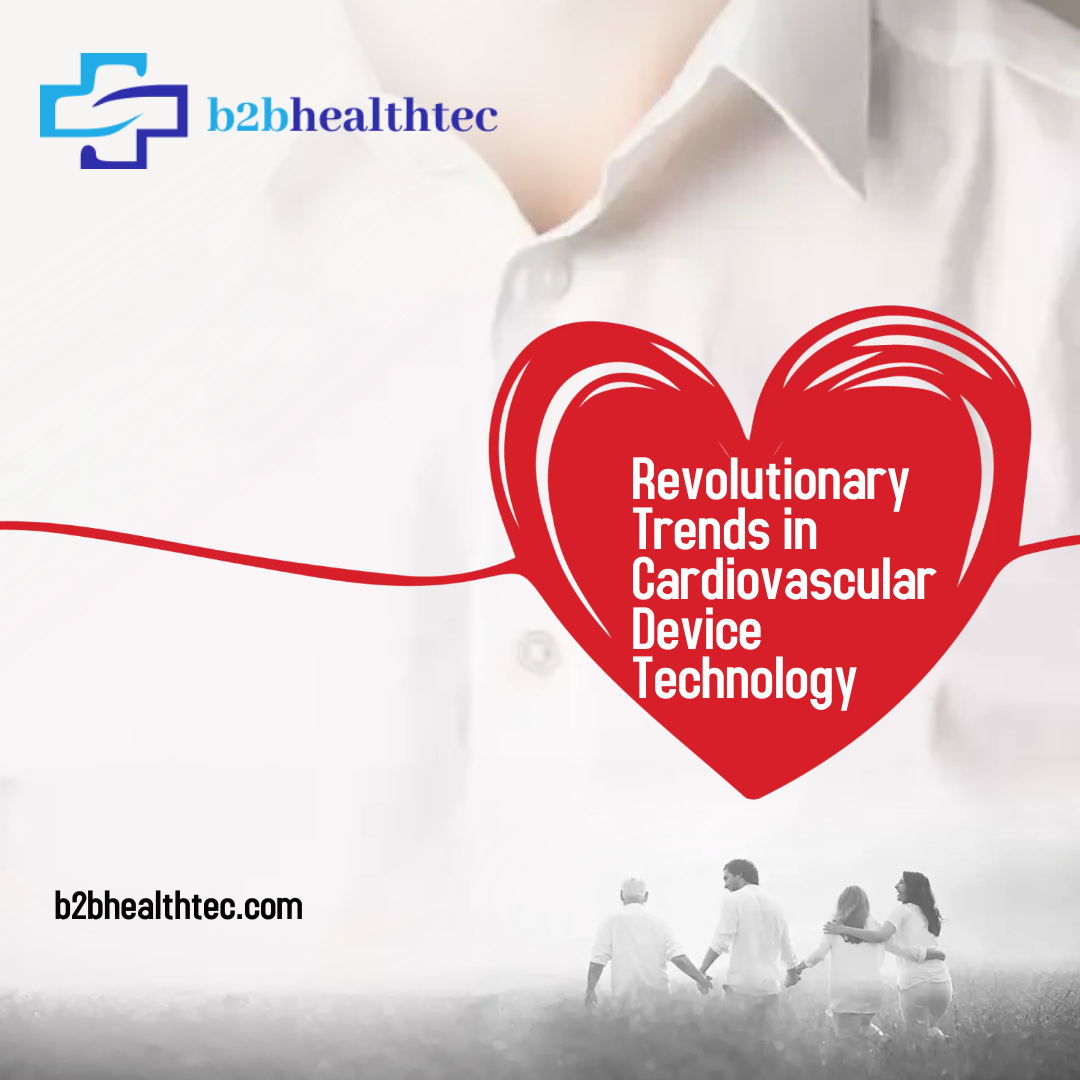
Ways The Healthcare System Is Fortified By Decision Makers
- June 13, 2024
- 05

Overall, digitization appears to be having a beneficial impact on the healthcare sector and advancing the development of a more sophisticated healthcare system. While the implementation of electronic health records (EHRs) has improved patient care facilities and increased organizational efficiency, it has also put sensitive information, including patient data, at danger. The current situation is concerning healthcare professionals due to the sharp rise in security breach incidents involving the theft of electronic medical records.
Healthcare is now a patient-centered sector thanks to digitalization, but there is now a risk to the security of priceless medical data. It is imperative that healthcare institutions take notice of this concerning issue before it is too late. Furthermore, severe disciplinary and compliance monitoring authorities constantly monitor healthcare practitioners. Therefore, they risk being penalized or possibly facing legal action for any negligence on their part when it comes to data protection.
Let's go over five important security issues that you, as a healthcare company, may have overlooked over the years. This is the moment for you to take healthcare security seriously and to remember the following principles.
Cyber risks have increased in the computer age due to the development of new medical devices, mobile technology, and digital technologies to enhance patient care and healthcare services. Healthcare organizations can guarantee the security and protection of patient data from cyber threats by utilizing a sophisticated, modern, multi-layered security system. Therefore, it is your responsibility as next-generation healthcare professionals to handle security threats to the healthcare industry and devise effective plans to prevent healthcare data from falling into the wrong hands.
The term "hyper-connectivity" gave the healthcare sector the revolutionary shift it had been waiting for a long time. The ability of patients, hospitals, healthcare providers, and other industry participants to connect to various technologies or devices has dealt a fatal blow to the sector's overall progress. Hyper-connectivity made everything possible with just a click, including contacting a doctor, scheduling an appointment, purchasing medication, and viewing test results online. However, it also left patient records open to security breaches.
Data breaches are extremely widespread in all industries, regardless of the one we are working in. Due to its higher than average volume of sensitive data circulation, the healthcare business is particularly vulnerable to data breaches. The medical sector has always been susceptible to security risks because of financial constraints and a sluggish adoption of new technology, and digitization has only made matters worse.
Therefore, in order to prevent healthcare data breaches, organizations in the healthcare industry must act quickly; else, the harm will be too great for them to contain. To meet these obstacles, they must take a risk-based strategy.
Healthcare firms must step outside of their comfort zone and have a strict strategy to deter hackers as their methods become more sophisticated with each day. Healthcare providers should strive to create a holistic defense system in compliance with regulations, rather than addressing a specific security breach, in order to safeguard the entire establishment.
These days, cloud migration is a frequent occurrence. Thus, its effect extends to the medical industry as well. One well-known example of how healthcare practitioners are utilizing cloud technologies more and more to store and record patient data is the adoption of EHR. Is the security of these important data, though, a concern? It's possible that the majority of security breach cases demonstrate that sensitive information is not as well protected as it should be. Therefore, while implementing cloud-based technologies, healthcare companies must take the appropriate safety precautions.
Contact Us